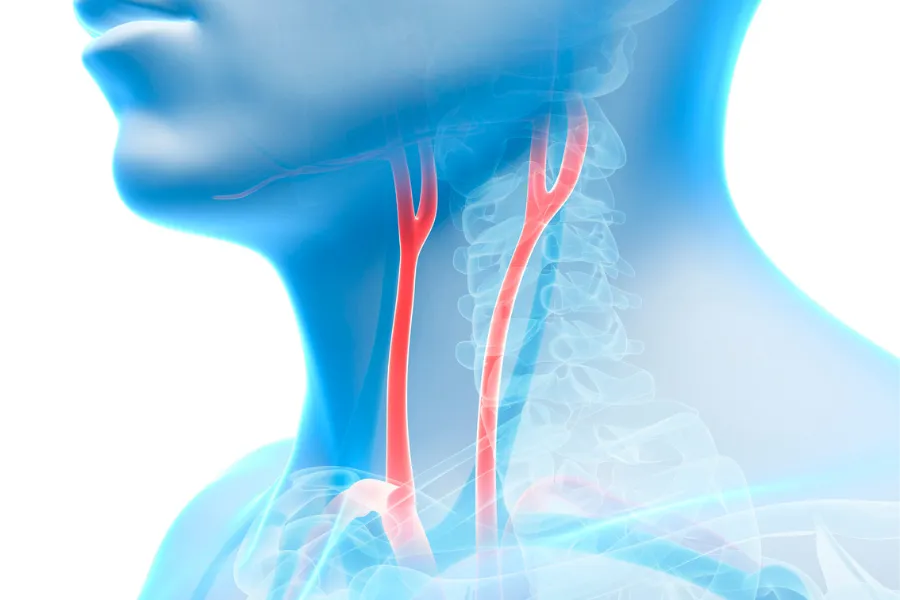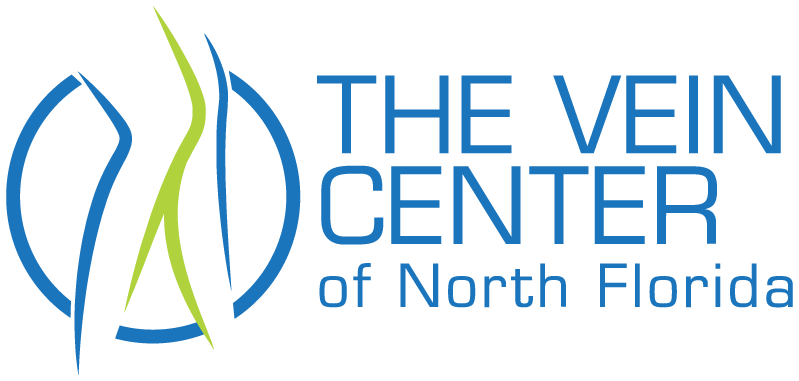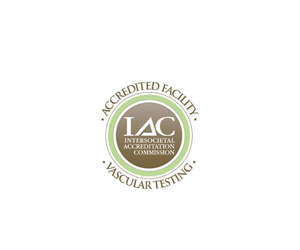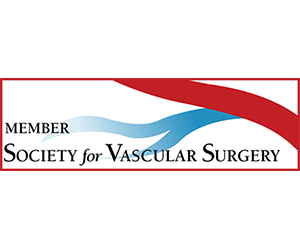Table of Contents
Carotid artery disease is a significant health issue that can lead to strokes, which are also known as brain attacks. Each year, over 15 million individuals globally experience a stroke, resulting in nearly 6 million deaths and leaving approximately 5 million people with severe disabilities. In the United States alone, more than 400,000 new cases of carotid artery disease are diagnosed annually.
Historically, the primary treatment for severe carotid artery disease was open surgery, specifically carotid endarterectomy (CEA). This approach required a large incision in the neck to remove plaque from the carotid arteries.
While effective, this method was associated with considerable scarring and potential complications. However, advancements in medical technology have introduced a less invasive alternative known as TransCarotid Artery Revascularization (TCAR).
 What is Carotid Artery Disease?
What is Carotid Artery Disease?
Carotid artery disease occurs when plaque builds up in the carotid arteries, which supply oxygen-rich blood to the brain. This build-up, called atherosclerosis, narrows the arteries and restricts blood flow. When plaque becomes unstable, it can rupture and block blood flow to the brain, potentially causing a stroke.
A stroke can lead to severe consequences, including brain damage, impaired vision, difficulty speaking, and paralysis. Contributing factors to carotid artery disease include smoking, high cholesterol, hypertension, obesity, diabetes, and physical inactivity. Managing these risk factors through medication and lifestyle changes is essential, but advanced cases often necessitate surgical intervention.
How Does TCAR Work?
The TCAR procedure uses a specialized technique to address carotid artery disease with less invasiveness than traditional methods. Key aspects of TCAR include:
- Reversal of Blood Flow: During the procedure, blood flow in the carotid artery is temporarily reversed. This technique helps prevent dislodged plaque from traveling to the brain, significantly reducing the stroke risk during the procedure.
- Placement of a Stent: A stent is inserted into the artery to support and stabilize the blood vessel, maintaining improved blood flow and reducing the risk of future complications.
This method contrasts with CEA, which involves a more invasive approach with potential complications such as:
- Bleeding at the incision site
- Infection of the wound
- A heart attack resulting from surgical stress
- Cranial nerve injuries affecting swallowing, speech, and facial sensation
 Advantages of TCAR
Advantages of TCAR
TCAR offers several benefits compared to traditional carotid endarterectomy:
- Minimally Invasive: TCAR requires only a tiny incision, resulting in less visible scarring.
- Shorter Procedure Time: The procedure typically takes less time than CEA, making it more efficient for patients and surgical teams.
- Reduced Recovery Time: Patients generally experience a quicker recovery and reduced postoperative pain.
Clinical Evidence and Coverage
Developed by Silk Road Medical, Inc., the TCAR procedure uses the FDA-approved ENROUTE® Transcarotid Neuroprotection and Stent System. Over 3,000 TCAR procedures have been performed worldwide, providing substantial clinical evidence supporting its efficacy and safety. The procedure has been shown to offer favorable outcomes regarding stroke risk and recovery time.
The TCAR procedure is eligible for Medicare reimbursement for symptomatic and asymptomatic patients at high risk for traditional surgery. This coverage is facilitated through the TCAR Surveillance Project, part of the Vascular Quality Initiative. This initiative tracks long-term clinical outcomes to support best practices and evidence-based medicine.
Schedule a Consultation
If you have been diagnosed with carotid artery disease and are exploring treatment options, TCAR may be an appropriate solution. Contact us to schedule a consultation and determine if TCAR is suitable for your condition.





